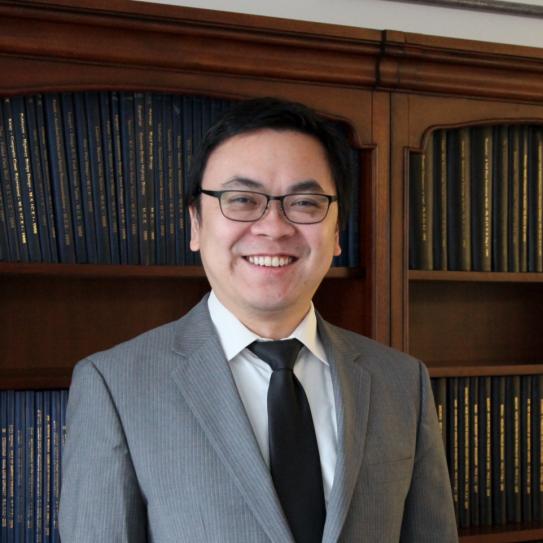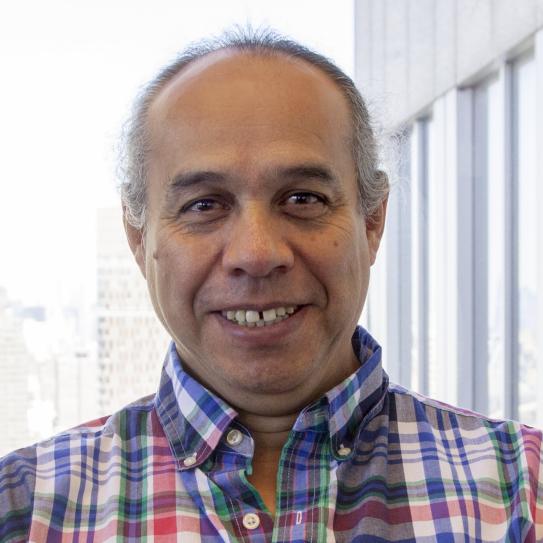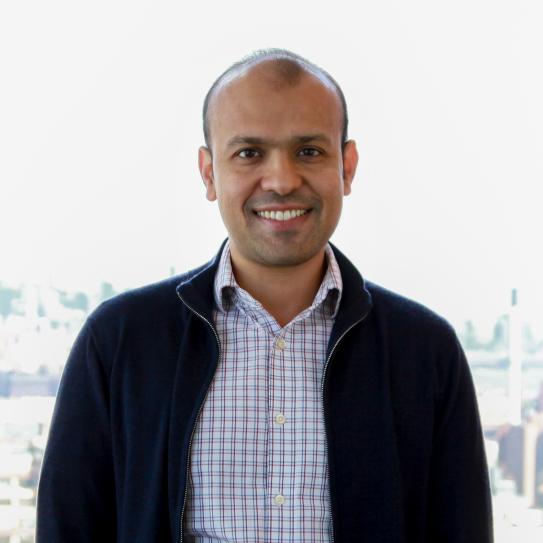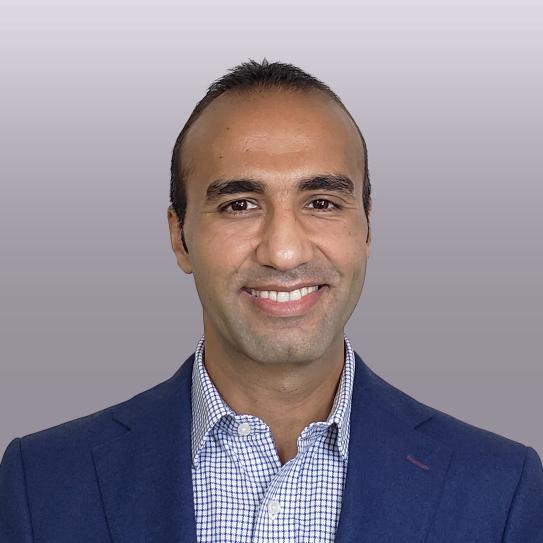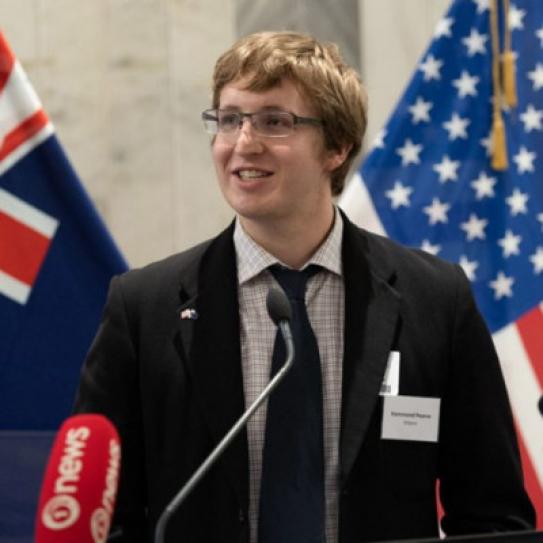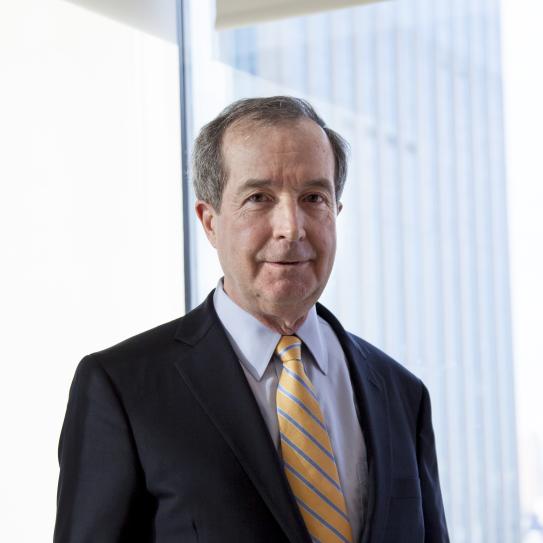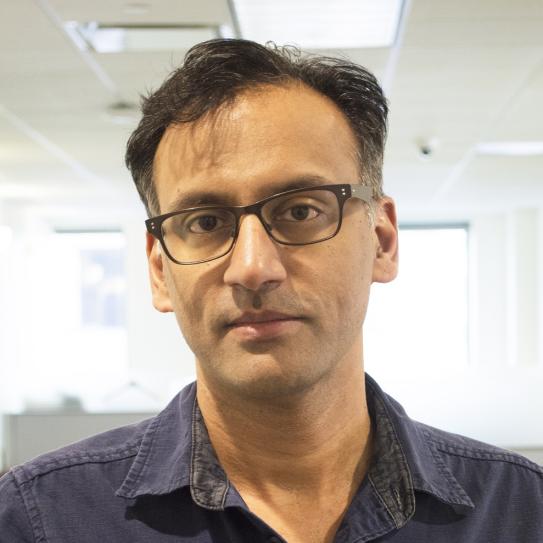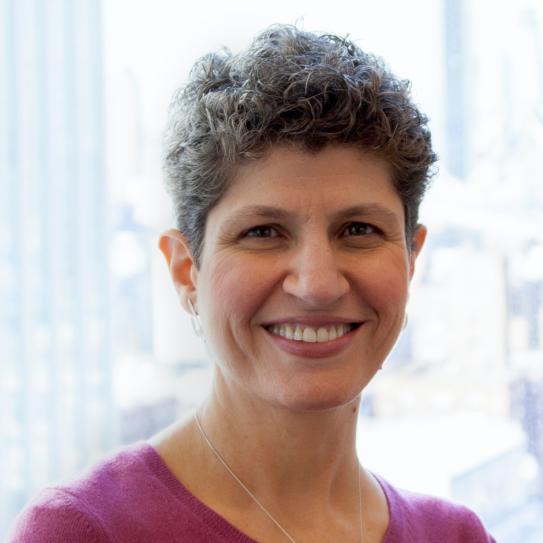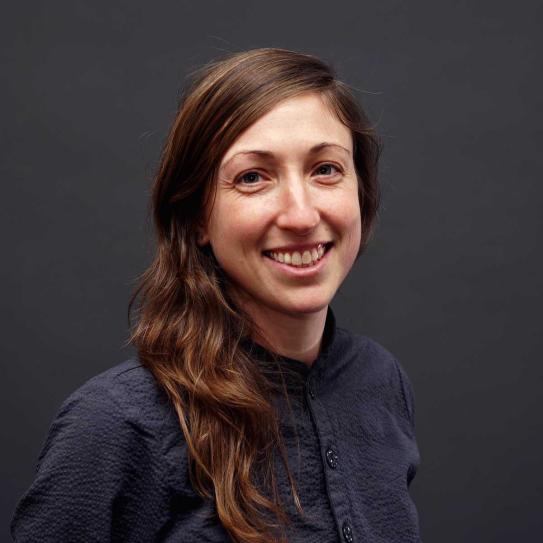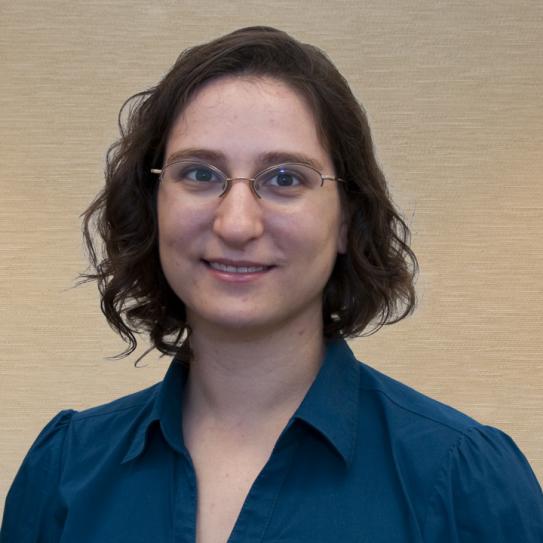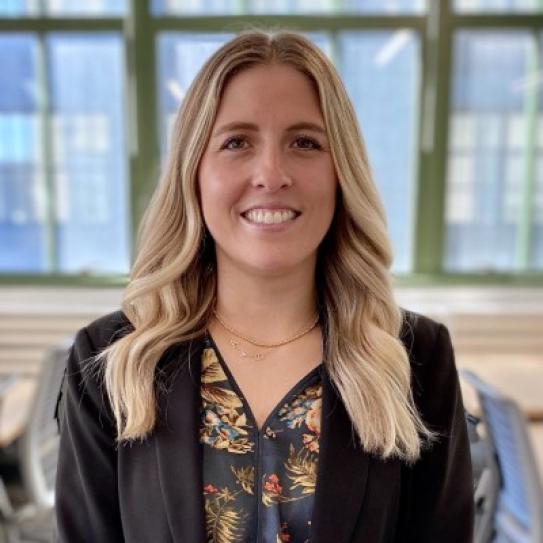A more resilient New York: Made in Brooklyn
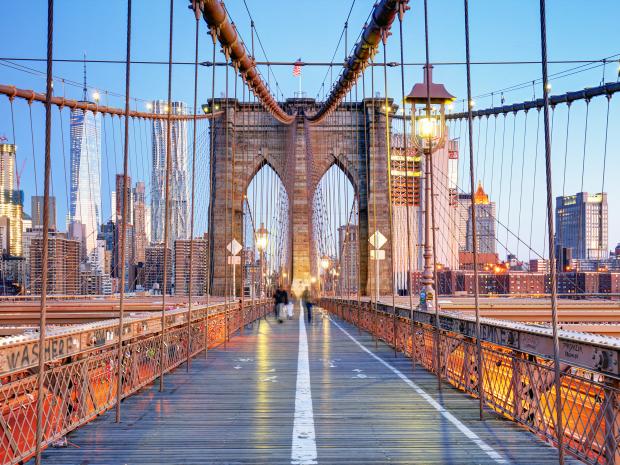
Threats to our well-being, economy, and planet are omnipresent due to climate change, increased demands on our civil and digital infrastructure, and more. Nowhere are those challenges more keenly felt than in New York — and New York can lead the way in global solutions for a greener, healthier, and more secure future.
Engineering holds the key to greater resiliency and growth, and researchers at NYU Tandon are partnering with peers , government agencies, and the private sector to use technology to make life better for all New Yorkers.
Power and transportation
Whether it’s below ground, above ground, or moving around, Tandon researchers are persistently working on ways to improve safety, power, transportation, buildings, and other critical infrastructure for all New Yorkers, including shortening emergency response times to making subways more accessible.
Recent News:
- Subway air pollution disproportionately impacts New York City's minority and low-income commuters
- New dataset kicks autonomous vehicle research into high gear
- NYU Tandon tapped by U.S. Department of Energy to fortify critical infrastructure
- New York State to collaborate with NYU on a tool to detect issues in large power transformers
- A C2SMARTER way to reduce FDNY response time
- NSF grants NYU Tandon $5 Million to advance accessibility
Related Links:
Featured Experts
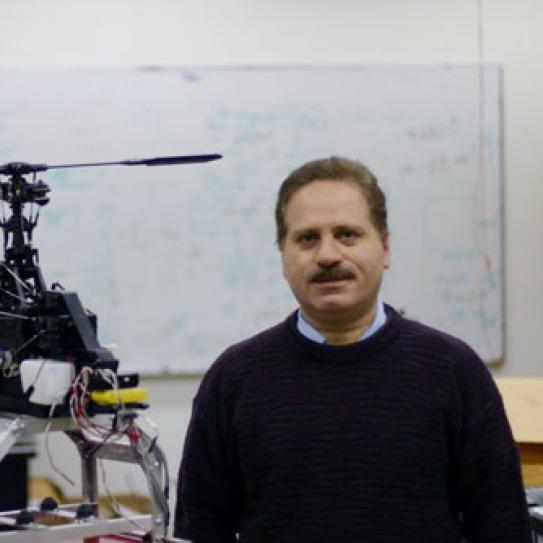
Farshad Khorrami
Chips and computing
Semiconductors are essential to the future of technology and economic development — the CHIPS and Science Act passed in 2022 provides roughly $280 billion in new funding to boost domestic research and manufacturing of semiconductors in the United States. But semiconductors are notoriously difficult to make due to the unique environment and skills necessary. That’s why NYU Tandon is opening its nanofabrication facilities to the broader academic and research communities, and spearheading novel methods to democratize chip design with the support of partners like eFabless.
Artificial intelligence
AI has immense potential to make life easier, but just because it’s used everywhere doesn’t mean it was built for everyone. Algorithms can be trained on historical data that reflects inherent racial, gender, and other discriminatory biases, which can affect New Yorkers in multiple ways if those algorithms are used in areas like policing, banking, and hiring. Tandon researchers are leading the charge on two fronts: improving the underlying foundations for AI that make it run faster, more securely, and with more reliable approaches to training, while advocating for fairness and transparency in how it’s used in New York and beyond, including the first law governing the use of AI in hiring in the country.
Recent News:
- Stakeholders in the National Artificial Intelligence Research Resource (NAIRR) convene for high-level discussions at NYU
- NYU Tandon researchers selected for National Artificial Intelligence Research Resource Pilot to enhance AI vision models
- NYU joins Gov. Hochul’s ‘Empire AI’ initiative to make New York a national artificial intelligence leader
- University-led AI is key to New York’s future
- A hiring law blazes a path for A.I. regulation
Related Links:
Next-generation wireless
When fifth-generation wireless was built on technologies discovered by the leaders of NYU Wireless, increasing data processing speeds to enable today’s data-hungry streaming technologies was a key focus. Now, those same leaders are working alongside colleagues at other institutions to make New York and the U.S. leaders in building next-generation wireless, with an eye toward ensuring data security and reduced environmental impacts are built into the fabric of 6G.
Recent News:
- NYU Tandon among first recipients of new CHIPs Act grant to develop open and interoperable next generation cellular technologies
- NYU Tandon teams win $2.5 million to ensure resiliency is part of next-G wireless telecommunications
- Bringing the internet to the places that need it most
Related Links:
Featured Experts
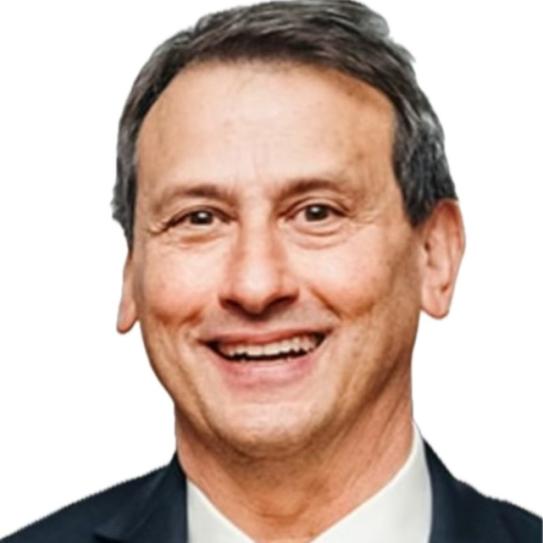
Theodore (Ted) S. Rappaport
Sustainable engineering
It’s unavoidable; New York will continue to face climate events of increasing severity and frequency, even as ways to mitigate climate change are actively explored. NYU Tandon has established a Sustainable Engineering Initiative to find solutions to problems affecting New Yorkers today while developing the technologies and approaches that will help to create a better climate future.
Recent News
- NYU Tandon researchers awarded $1 Million in NSF grants for pioneering studies on disaster resilience and climate adaptation
- FloodNet tracking system set for citywide expansion thanks to $7.2 million from New York City
- FloodNet: the first-ever New York City flood-monitoring network
Related Links
Featured Experts
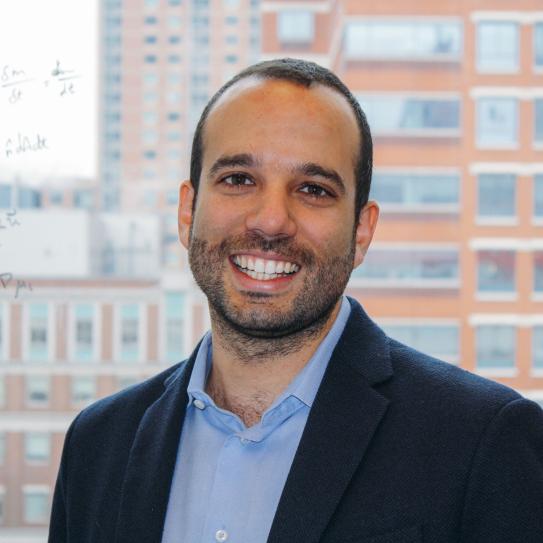
Miguel Modestino
Cybersecurity
One of the #1 cybersecurity threats facing the world is the shortage of trained cybersecurity professionals. By some estimates, there are nearly 3 million unfilled cybersecurity jobs worldwide, many of which are needed by the financial, healthcare, media, and tech businesses located right here in New York to protect the information and well-being of New Yorkers. That’s why we’ve answered the call to create flexible, affordable online cybersecurity degrees at the same cost as public universities, in partnership with New York-based businesses and the NY Cyber Command, and leverage the cutting-edge research of our cybersecurity faculty to make New Yorker’s digital lives more secure.
Recent News
Related Links
Culture and entertainment
New York is a global cultural center for a reason, and NYU Tandon is joining forces with iconic local institutions to revolutionize the way we experience media, culture, and entertainment in our tech-driven universe.
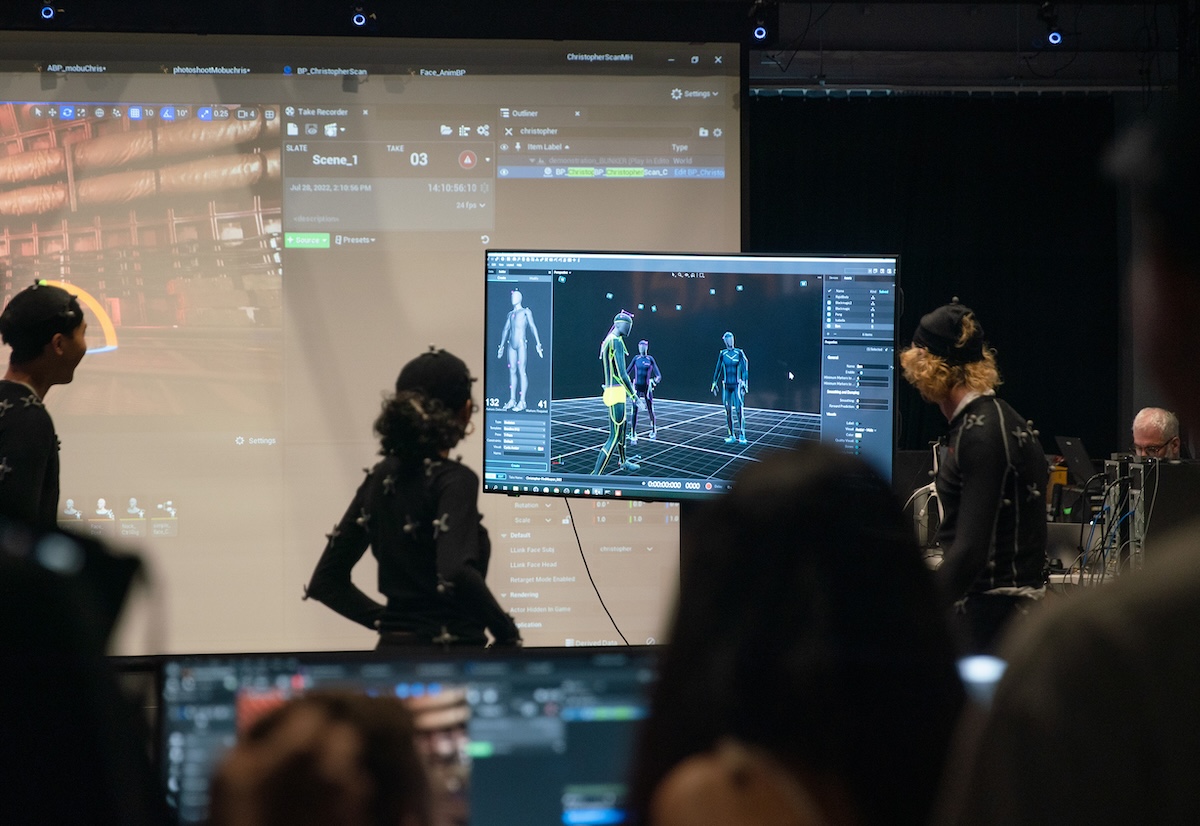
Recent News
- Immersive Computing Lab teams up with Meta to uncover how energy-saving tactics affect perceived quality of XR experiences
- NYU Tandon cuts a rug with new 3D video technology
- Interview with Jacolby Satterwhite and the Metropolitan Museum of Art
Related Links
Featured Experts
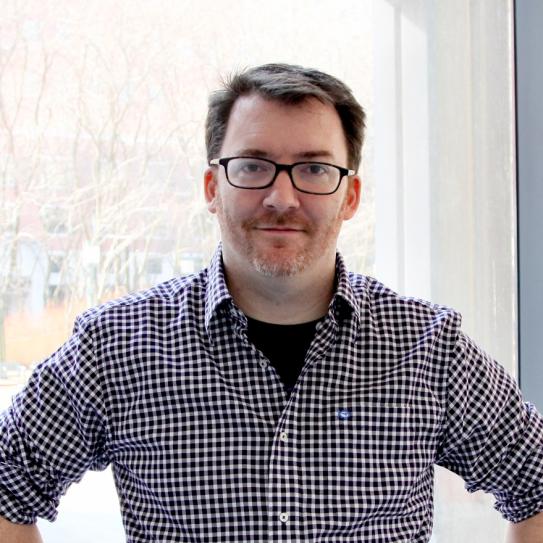
R. Luke DuBois
Entrepreneurship
The NYU Tandon Future Labs are a network of business incubators and accelerators that support early stage ventures in New York. Born from the first public-private partnership with New York City tasked with creating a sustainable incubation program, the Future Labs activate Tandon’s engineering and technology expertise and a vast ecosystem of entrepreneurship and subject matter experts to increase the success rate of new ventures and generate positive economic impact.
Recent News
- A promising energy start-up gets a boost from NYU Tandon
- The Offshore Wind Innovation Hub 2024 call for innovators opens
- Transportation deserts get a lift from collaboration between NYU Tandon and Dollaride
- NYU Tandon is helping with a new kind of collaboration
- The Carbon to Value Initiative announces year three startup cohort for Carbontech Accelerator Program
Related Links
K-12 STEM education
The Center for K12 STEM Education increases access to high-quality STEM learning experiences, STEM-focused higher education and related careers for a broader population of NYC students.
Recent News
- Students work on real-world problems at NYU summer STEM program
- This summer college program pays NYC students to learn about STEM


